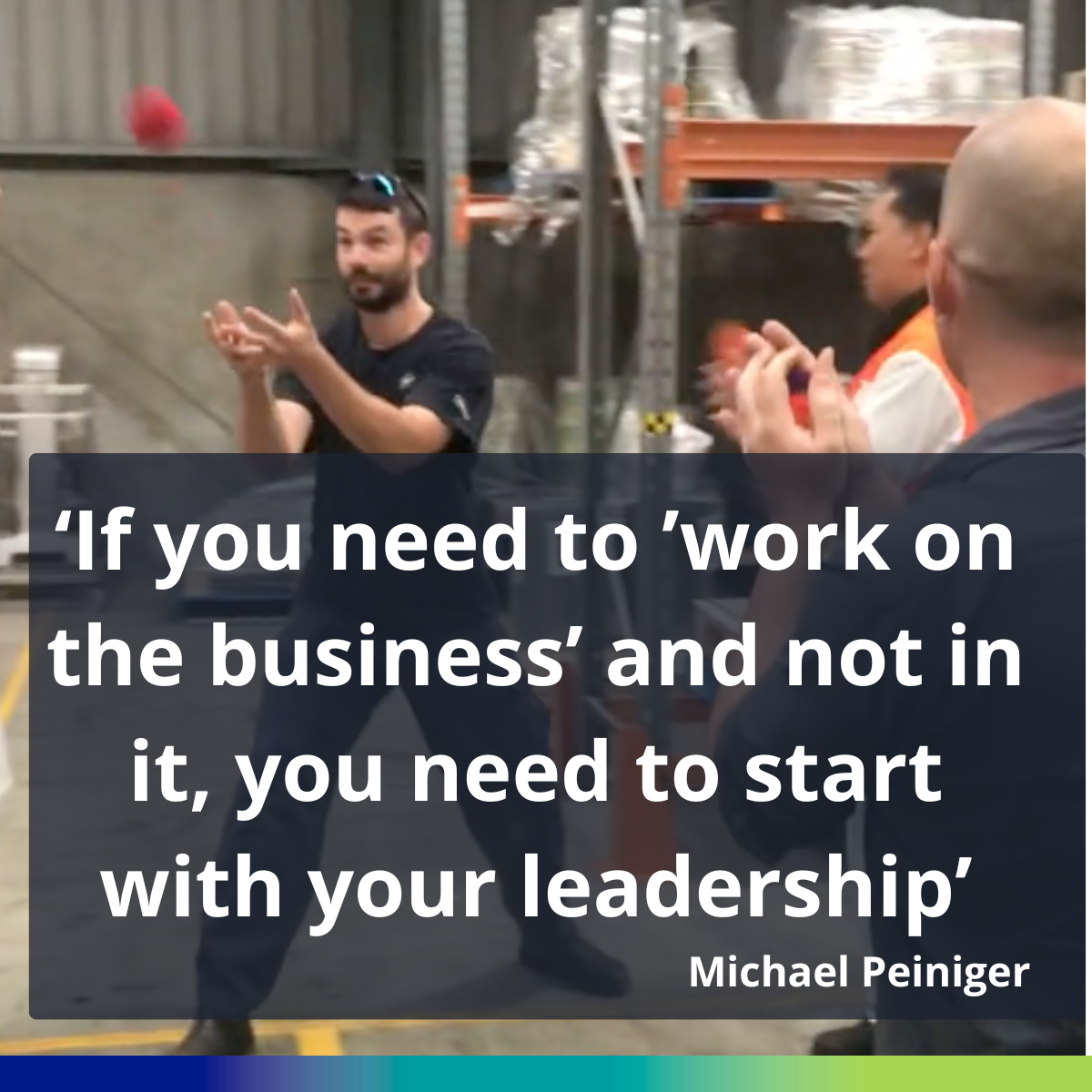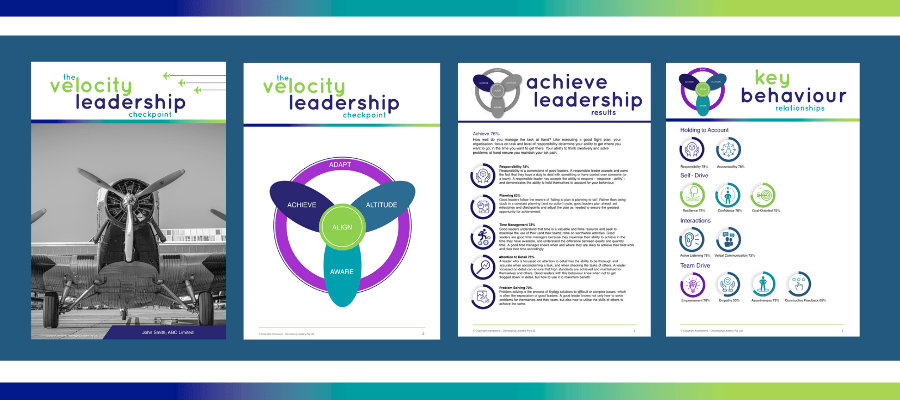‘Spend more time working on the business, and less time working in the business’ they say. If you have been a leader in business for any length of time, you will have been given this advice. The premise is that to be successful, you can’t spend all of your time doing the day to day tasks (that others can do), and spend more time focussing on the things that only you can do, as well as looking beyond day-to-day and into the future.
While this is generally good advice – it needs to be multi-directional. Most people, when told to ‘spend more time on the business’, look outward – to strategy, to team, to customer service, to innovation and new product.
If you truly want to work on the business, the first place – and direction – you need to look at is inwards at your own leadership and behaviours. If you truly want to work on the business and not in it, the first place – and direction – you need to look at is inwards at your own leadership and behaviours.
Why Focus On Your Leadership?
Because as the leader, you have an enormous amount of influence over what gets done, how it gets done and when it gets done. Looking outwards can deal with the symptoms of issues, looking inwards can address the cause.
Like it or not, as the leader, you can often be the cause of a problem, or the bottleneck of one.
What Does This Focus Look Like?
It starts with asking yourself a couple of questions – and it can be harder to answer than you might think.
- Have I fully assumed the responsibility of my role in the last 3 months?
- What have I put off that I could have done sooner?
- Who should I have listened to more in the last 3 months (which would have saved me time and effort)?
- Who should I have listened to less in the last 3 months (which would have saved me time and effort)?
- What task or action have I put off or avoided that has an impact on both me and the business?
- What actions and behaviours can I be responsible for?
- What promises will I make to myself and my team for the next 3 months for those actions and behaviours?
- Who will hold me to account for those actions?
If you want to spend more time working on the business and not in it, looking at how you lead and the impact that you have – on yourself and others – is the first (and most difficult) place to start.
Executive Leadership Coaching Can Help You Focus On Your Business
If you see the need for this kind of reflection but don’t know how to have it (or you know yourself well enough to know you SHOULD but you won’t – these are the types of conversations that an effective Executive Coach or Leadership Coach can have with you. Whether it is working side by side with you, in partnership, cheering you on or giving you a little push, a skilled coach can have you working more on the business, less in the business, and with the right leadership behaviours and skills to match.
#executivecoachmelbourne #leadershipcoachmelbourne #executiveleadershipcoach #developingleaders







